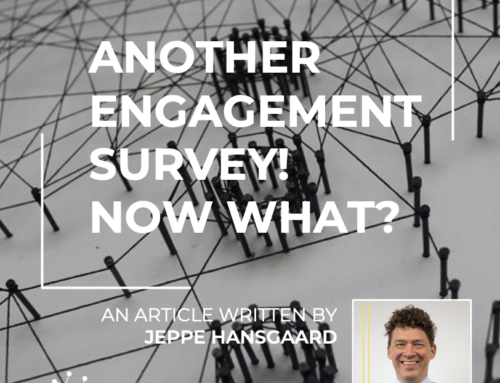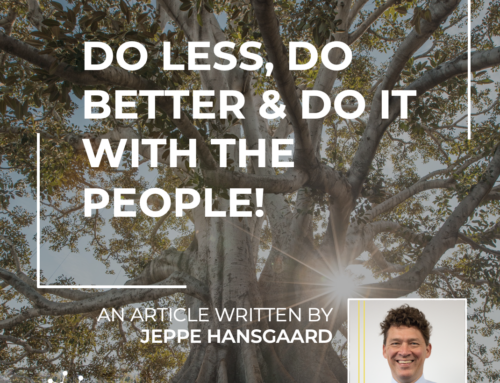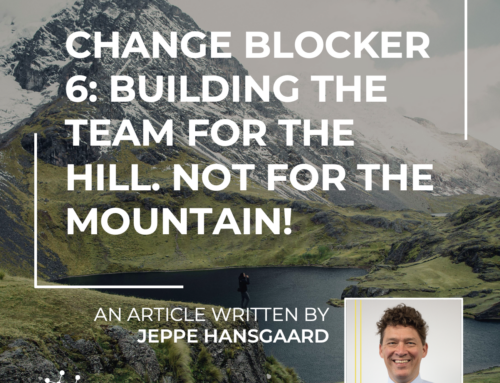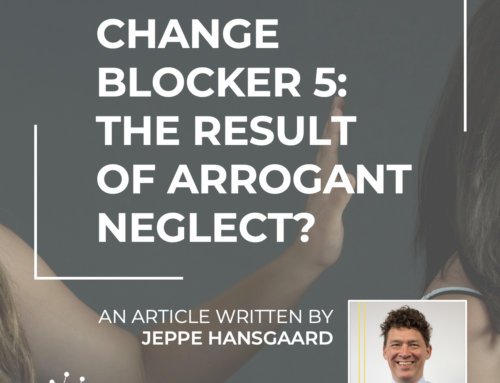What Chess Tells Us About
the Future of Work
Imagine you compared the performance of professional chess players in an online setting with their performance when competing for face-to-face. Where do you think they do best?
Players Make More and Bigger Mistakes When Online
New research shows that professional chess players do a lot better when they compete for face-to-face. When they are competing online from home, they are 14% more likely to make mistakes, and when they make mistakes, they are on average 17% bigger.
Can the Same Level of Mistakes be Expected in the Remote Workplace?
COVID19 has driven a movement towards more people working from home. This has many great benefits, such as less commute and more time to focus. Positive stories have been shared again. Some saying it could also lead to less workplace bias and inequality. For the same reason, some companies have announced they would now move towards permanent remote work. Maybe because it allows for savings on expensive offices.
The chess study, however, challenges the benefits of remote work and adds a consequence to it.
Chess is strategic, analytical, and takes place under time pressure. Just like most of the work tasks many of us work on today. So, if more and bigger mistakes happen, when chess players compete online, we could expect something similar in the remote workplace, when we are dealing with strategic and analytical tasks under time pressure.
Absence of Peer Pressure has Consequences for Cognitive Performance
The research points to one possible reason why chess players were performing worse in an online setting. Peer pressure was absent! And when peer pressure is absent your cognitive performance seems to drop.
Innovisor and the Future of Work
In Innovisor, we have also been considering the implications of COVID19 on the way we work. We spent 2 months working from home from March to May, and with the recent uptick in COVID19-infections we are again working from home. This time, however, governmental recommendations are a bit less rigid, so we can visit the office when needed.
In Innovisor we have decided that we need the office for:
- Creativity Sessions, such as when we need to nail a campaign on a whiteboard
- Intense teamwork, where chitchat across the room must happen fluid without constraints and bottlenecks, such as the need for scheduling a call or waiting for a response to a chat message
- Onboarding of new employees into the informal networks, which happens best at the lunch table, the fuss ball table, or when you hang out after office hours
- Building culture, such as shared experiences, stories, and pride. All the elements we know build a coherent and high-performing team
Chess research adds one more dimension to this.
Maybe we need to turn the question on its head and ask when it is, we do NOT need our cognitive performance to be at its best? – and then define a list for, when we are NOT going to the office.
References
https://www.iza.org/publications/dp/13491/cognitive-performance-in-the-home-office-evidence-from-professional-chess
ORIGINALLY POSTED ON LINKEDIN BY JEPPE VILSTRUP HANSGAARD: https://www.linkedin.com/pulse/what-chess-tell-us-future-work-jeppe-vilstrup-hansgaard/
Do you like our articles? Subscribe to our newsletter.





